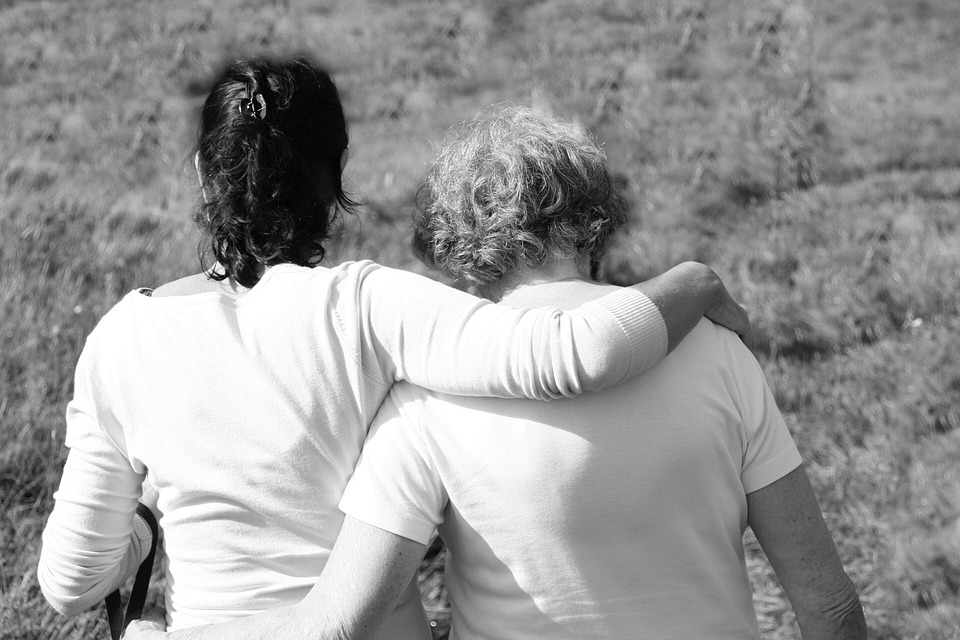Acne is one of the most common skin conditions worldwide, affecting individuals of all ages, though it primarily manifests during adolescence. From the occasional pimple to severe cystic acne, the condition can lead to not just physical discomfort but also emotional distress. Understanding the factors that contribute to acne, separating myths from facts, and recognizing effective treatments can empower those affected by this condition.
Causes of Acne
1. Hormonal Changes
The surge of hormones during puberty is the primary catalyst for acne development in teenagers. Androgens, a class of hormones that increase in both boys and girls during puberty, stimulate the sebaceous (oil) glands in the skin, causing them to produce more oil (sebum). This excess oil can clog pores, leading to the formation of acne.
2. Genetics
Genetics play a significant role in how prone someone is to developing acne. If one or both parents struggled with acne, there is a higher likelihood that their children will face similar issues. Genetic predisposition can also influence the severity of acne.
3. Bacterial Growth
The skin naturally hosts bacteria, including Propionibacterium acnes (P. acnes). When hair follicles become clogged with excess oil and dead skin cells, the bacteria can proliferate, leading to inflammation and the characteristic redness, swelling, and pus associated with acne.
4. Diet
Several studies suggest that diet may influence acne severity. High glycemic index foods, such as white bread and sugary snacks, can cause insulin spikes, leading to increased sebum production. Dairy products have also been implicated, with some studies indicating a correlation between milk consumption and acne.
5. Stress
Stress doesn’t directly cause acne but can exacerbate it. Stress triggers the adrenal glands to produce more androgens, increasing oil production and contributing to the cycle of acne formation.
6. Skin Care Products
Not all skin care products are created equal. Comedogenic substances can clog pores, leading to acne flare-ups. Using products specifically labeled as “non-comedogenic” can help minimize this risk.
Myths About Acne
Myth: Acne is only a teenage problem.
Fact: While it is most common during adolescence, adults can experience acne due to hormonal changes, stress, and other factors.
Myth: Dirty skin causes acne.
Fact: While hygiene is essential for skin health, washing too frequently or scrubbing the face aggressively can irritate the skin and worsen acne. Gentle cleansing is key.
Myth: Eating chocolate or greasy foods causes acne.
Fact: While some studies link diet and acne, chocolate and greasy foods alone do not directly cause breakouts. However, a balanced diet can improve overall skin health.
Myth: Tanning clears up acne.
Fact: While tanning may temporarily improve appearances due to the darkening of the skin, it does not treat acne and can lead to long-term skin damage.
Myth: Popping pimples is harmless.
Fact: Squeezing or popping pimples can result in scarring, prolonged healing, and even a spread of bacteria, worsening the condition.
Effective Treatments for Acne
Treating acne effectively often requires a multi-faceted approach, combining lifestyle changes, over-the-counter products, and sometimes prescription medications.
1. Over-the-Counter Treatments
Benzoyl Peroxide: This common ingredient helps to kill bacteria, exfoliate the skin, and reduce oil production.
Salicylic Acid: It aids in unclogging pores by promoting the shedding of dead skin cells and reducing inflammation.
Retinoids: These vitamin A derivatives help to speed up cell turnover and prevent clogged pores. Over-the-counter options like adapalene can be effective.
2. Prescription Medications
For moderate to severe acne, prescription treatments may be necessary:
Topical Retinoids: Prescriptions like tretinoin can be more potent than over-the-counter versions.
Antibiotics: Oral or topical antibiotics can help reduce bacterial growth and inflammation.
Hormonal Treatments: For women, birth control pills can regulate hormones that lead to acne.
Isotretinoin: For severe cases that don’t respond to other treatments, isotretinoin can be highly effective but requires careful monitoring due to potential side effects.
3. Lifestyle Modifications
Dietary Changes: Adopting a balanced diet rich in whole foods, fruits, and vegetables can improve skin health. Reducing sugar and dairy may also help some individuals.
Stress Management: Techniques such as yoga, meditation, and adequate sleep can help in managing stress levels.
Consistent Skin Care Routine: Using a gentle cleanser and non-comedogenic products can significantly contribute to skin health.
4. Professional Treatments
In addition to topical and oral medications, several professional treatments are available:
Chemical Peels: These treatments remove the outer layer of skin, promoting regeneration and reducing acne.
Laser Therapy: Lasers can target bacteria or stimulate collagen production, improving skin appearance.
Extraction: Dermatologists can safely extract deep cysts to help prevent further complications.
FAQs About Acne
Q1: Is acne contagious?
A: No, acne is not contagious. It results from individual factors such as genetics, hormones, and lifestyle.
Q2: Can makeup cause acne?
A: Certain makeup products, especially those that are comedogenic, can clog pores and contribute to acne. It’s essential to choose non-comedogenic products and remove makeup before sleeping.
Q3: How long does acne last?
A: The duration of acne varies. Some people may experience it for a few months, while others may have persistent acne. With proper treatment, symptoms can often improve within weeks.
Q4: Should I see a dermatologist for acne?
A: If OTC treatments are ineffective, or if you have severe or cystic acne, it’s advisable to consult a dermatologist. They can provide tailored treatment options.
Q5: Can hormonal changes worsen acne?
A: Yes, hormonal changes during menstruation, pregnancy, or due to hormonal disorders can trigger or worsen acne in many individuals.
Q6: Are there any natural remedies for acne?
A: Some individuals find relief using natural remedies like tea tree oil, honey, or aloe vera. However, it is essential to approach natural remedies cautiously, as they may not work for everyone.
Q7: Can my skincare routine affect acne?
A: Yes, an inconsistent or unsuitable skincare routine can worsen acne. Gentle cleansing, moisturization, and using non-comedogenic products are vital steps in managing acne.
Conclusion
Acne is a complex condition influenced by various factors including hormones, genetics, and external lifestyle choices. By gaining a better understanding of its causes and debunking prevalent myths, individuals can take informed steps towards effective treatment. Consulting healthcare professionals, adopting a proper skincare regimen, and making lifestyle adjustments are pivotal in managing acne and promoting healthy skin. Education empowers those affected, allowing them to navigate their skincare journeys with confidence.

